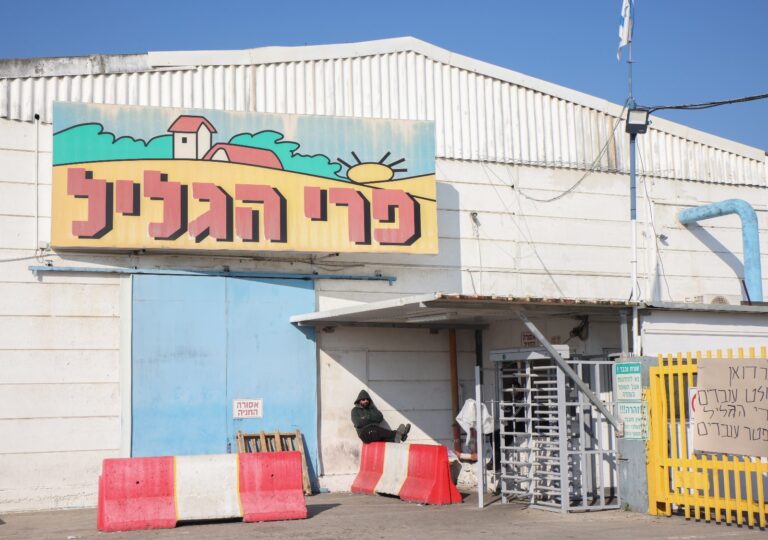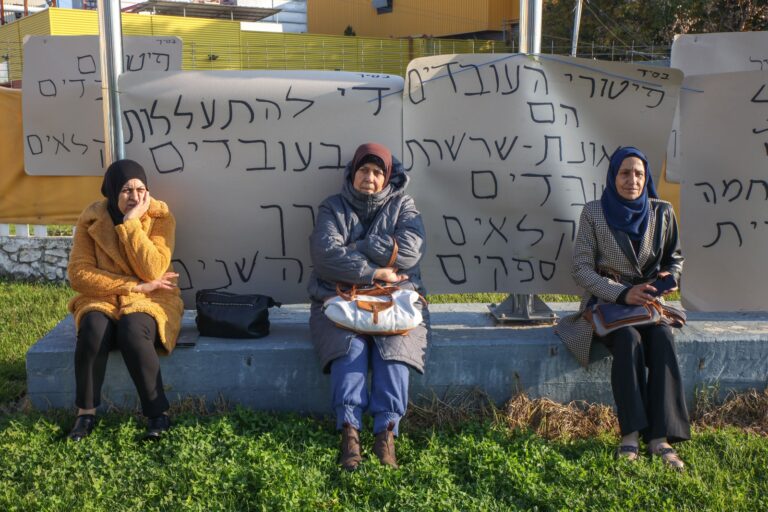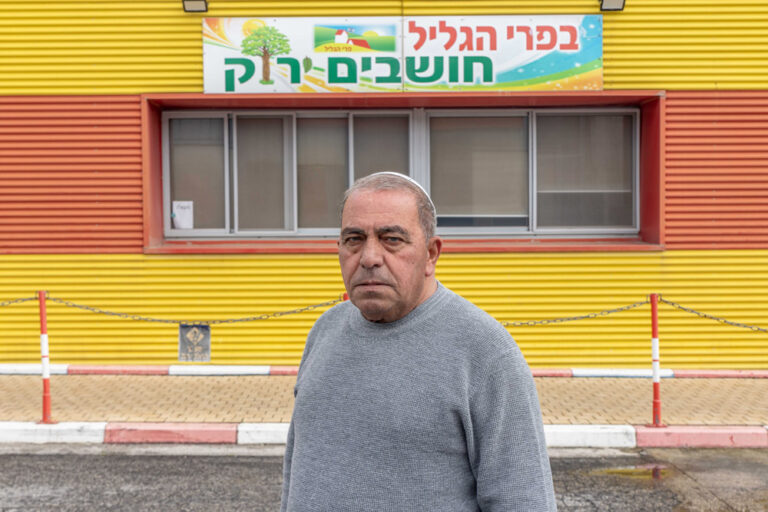
Following an extended conflict between the management Pri Hagalil, Israel’s largest producer of canned and frozen produce, and its workers around a planned wave of layoffs, the Histadrut reached an agreement with the management to significantly reduce the layoffs. The management agreed to retract the planned layoff of 45 employees, and to place 15 employees on unpaid leave instead, bringing an end to the strike that the workers had been carrying out.
“We’re happy that we came to agreements in the best interest of the workers,” said Yona Partuk, chairman of the Histadrut’s Northern Galilee District. “Especially now during these difficult days, I call on the state to support Pri Hagalil, which employs devoted workers in the northern periphery.”
Several weeks ago, Pri Hagalil began a massive wave of layoffs that would result in the dismissal of over half of the company’s employees. The decision caused an uproar among the workers at the main factory, located in the northern town of Hatzor HaGlilit. Many of the dismissed employees are women over the age of 45 who have worked at the factory for upwards of 25 years and rely on the work to support their families.
Last Sunday morning (Feb. 11), employees of Pri Hagalil in Hatzor HaGlilitbegan a strike to protest the management’s intention to lay off 70 of the factory’s 130 workers. According to the employees, the management’s actions conflict with agreements that had been reached between the management, the union, and the Histadrut, which had been discussed in an emergency debate held in the Knesset regarding an earlier round of layoffs on a smaller scale.
Starting at 6 a.m. on Sunday, the employees began blocking the gates of the factory. As part of the demonstration, they also blocked the access road to Hatzor HaGlilit.
Just two weeks before the demonstrations began, the Histadrut and the factory management reached an agreement to reduce the number of layoffs, initially set at 50, to 25. One week after that, the factory management announced its intention to lay off an additional 45 workers. Just this past August, the factory witnessed a wave of layoffs where 25 workers were also dismissed.
“We don’t want handouts or charity. We just want to work,” said union chairman Moti Haziza. “If the factory closes, the town will shut down. We are fighting for our livelihood, not for luxury. We are fighting for our most basic rights.”

Ahmed Abdallah, who has been working at the factory for 43 years, expressed his concerns with the expected layoffs. “I run the forklift and work wherever needed, even on the production line,” he said. “We’ve had rounds of layoffs here. When this company arrived 14 years ago, I thought we were done with layoffs. The factory is operational and profitable. I see constant loading trucks. The factory is running 24 hours a day. I don’t understand why they’re laying people off, why they stopped planting corn, broccoli, and carrots.”

“In the first round of layoffs, I wasn't affected, but now it's unclear where this is going and if the owner wants to close,” Abdallah added. “It’s hard to imagine going to work elsewhere at my age after so many years I’ve devoted here. Who will accept me? I have three daughters and three sons, two of them are combat soldiers. They are now in Gaza. I worry a lot about them, and amid all this, I also need to ensure a livelihood.”
Warda Hab from the Bedouin town of Tuba-Zangariyye has been working in packaging for Pri Hagalil for ten years. “Every year there are dismissal letters,” she said. “It’s emotionally tough. I am the breadwinner for the family, my husband cannot work.”
Hab is the mother to seven children, including one son who was killed in reserve duty in 2007 and one currently serving in the reserves.
“The situation is very difficult. We came here with the desire to work as a family, and now we’re sitting on the road,” she added.

The situation at Pri Hagalil has reached a boiling point, with employees vehemently opposing the proposed layoffs. The conflict underscores broader issues of labor rights and economic stability in the region. As the standoff continues, both sides remain entrenched in their positions, raising concerns about the future of the factory and its impact on the local community.
According to union chair Haziza, this situation may influence other factories throughout northern Israel. Layoffs can be contagious, he explained, noting that the local competitor factories, Sanfrost, Strauss, and others may attempt layoffs as well.
“If the government doesn’t stop this wave, it will wash over the north,” he said. “People should have the basic option to earn a living with dignity.”

Haziza said that the layoffs will affect the entire town. “Our factory is an economic anchor for Hatzor HaGlilit and the region,” he explained. “There are hundreds and thousands of other families dependent on it for their livelihoods, starting from the farmers in the area whose produce we buy most of, through various suppliers: technicians, maintenance personnel, technical supply, raw materials, catering. Closing this factory will be a severe blow to the entire Galilee."
The root of the problem, Haziza said, lies in government policy. For years the Ministry of Finance has been reducing tariffs on imported products. “They say it will lower prices, but I haven’t seen prices go down because of it,” he said. He cited the example of canned tuna: once Israel reduced tariffs on imported tuna, Israeli tuna factories closed down, but the price of canned tuna only rose.
“I don't understand why we should give Turkey and China, countries that harm the state of Israel, the opportunity to sell their products here, at the expense of hard-working workers living in the periphery in Israel, paying taxes here, and their children serving in the army here. In my eyes, it's a betrayal,” he continued.






